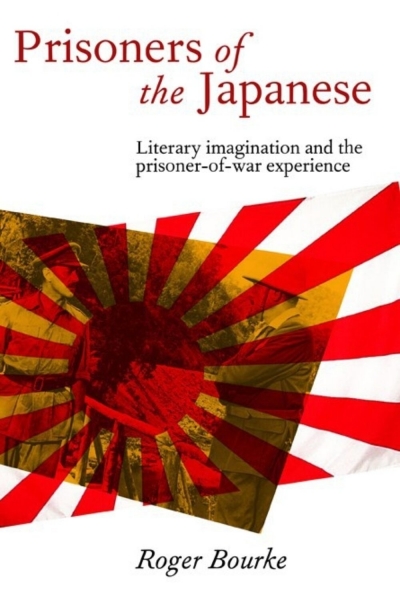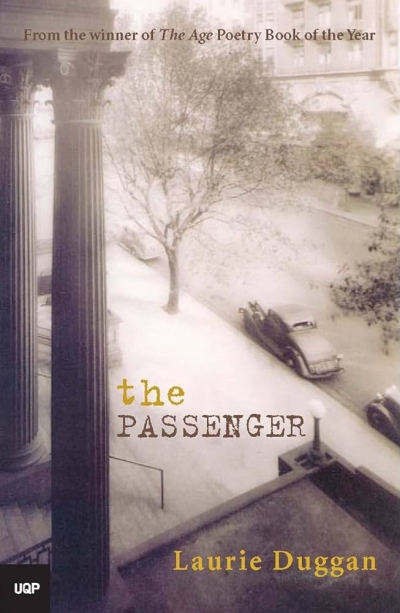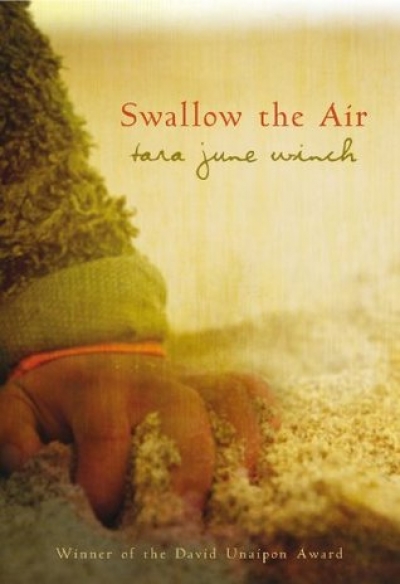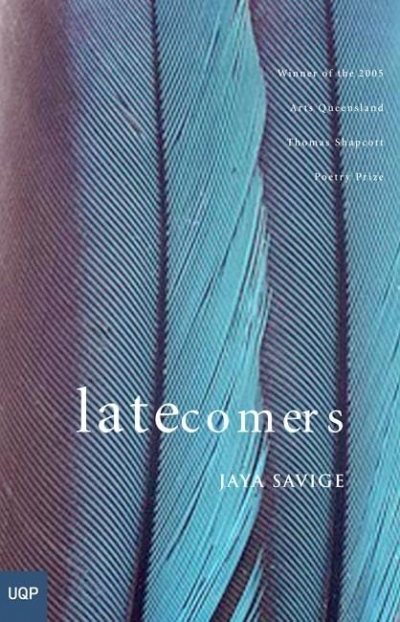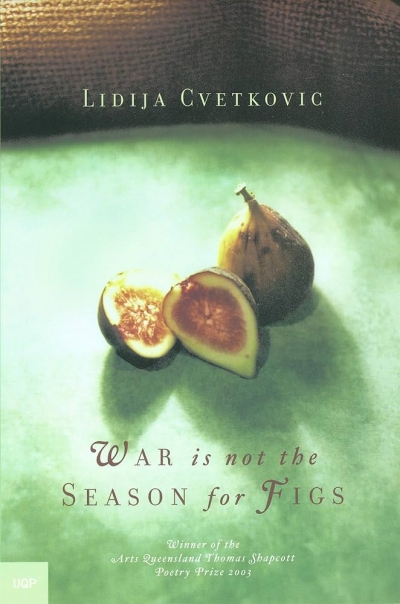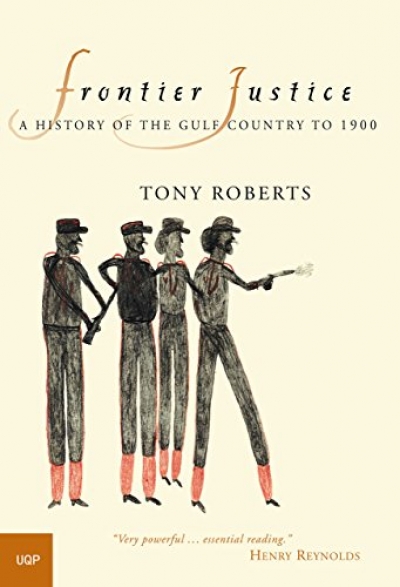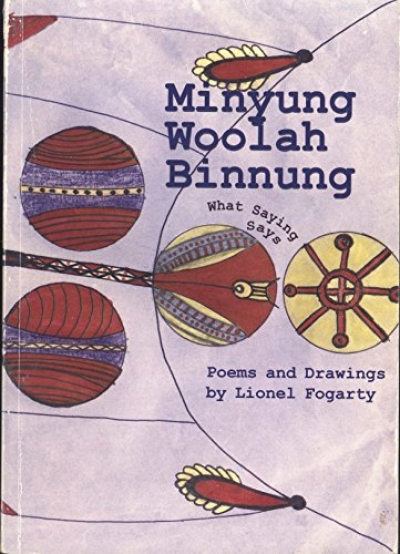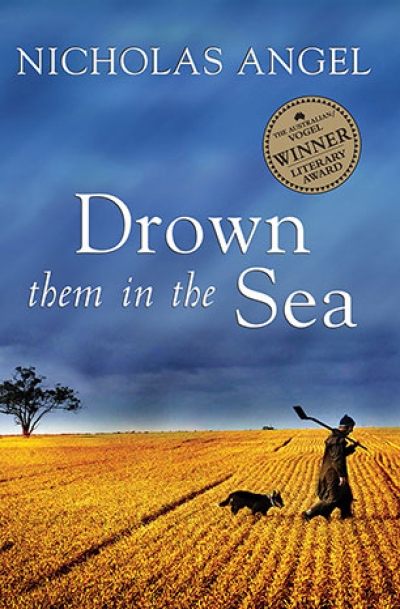How to convey the pleasures of a whole collection of Laurie Duggan’s poetry? They are so various, one reason why Duggan is a source of perplexity to anthologists in search of a definitively characteristic poem. Anything as long and wilfully extravagant in spacing and layout as the anti-rhapsody ‘September Song’ almost automatically excludes itself; something epigrammatic then, say ‘A Little Book of Wisdom’ – but what about a virtuoso pastiche, the sonnets of ‘In Memory of Ted Berrigan’, or a ‘Blue Hills’ poem, with that imagist ‘minimalistic elegance’, which ‘Upside down’ declares: ‘unattractive / as the description of a potential residence / though ok if applied to / a book of poems ... my poems.’
It is even more difficult to find a Duggan poem that will slot neatly into the discourse of a thematic anthology. Against the grain of solidity in so much Australian poetry, there is something elusive here, an unreadiness to be ‘formulated, sprawling on a pin’ like that prototype of modernist angst Prufrock, whose ‘Do I dare to eat a peach?’ mischievously morphs to ‘Do I dare to eat a Porsche?’ in ‘Fantasia on a Theme by TS Eliot’. Mischief is part of Duggan’s very considerable satirical armoury against solemnity: consider ‘this country is my mind’: ‘just two minutes after / Les Murray became a republic / somebody cancelled my visa.’ But mischief is not all; there is something coldly sobering about this other glimpse Duggan offers of the relationship between politics and poetry: ‘At the centre of empire / the poets, stitched, bound / and acid-free.’
...
(read more)

